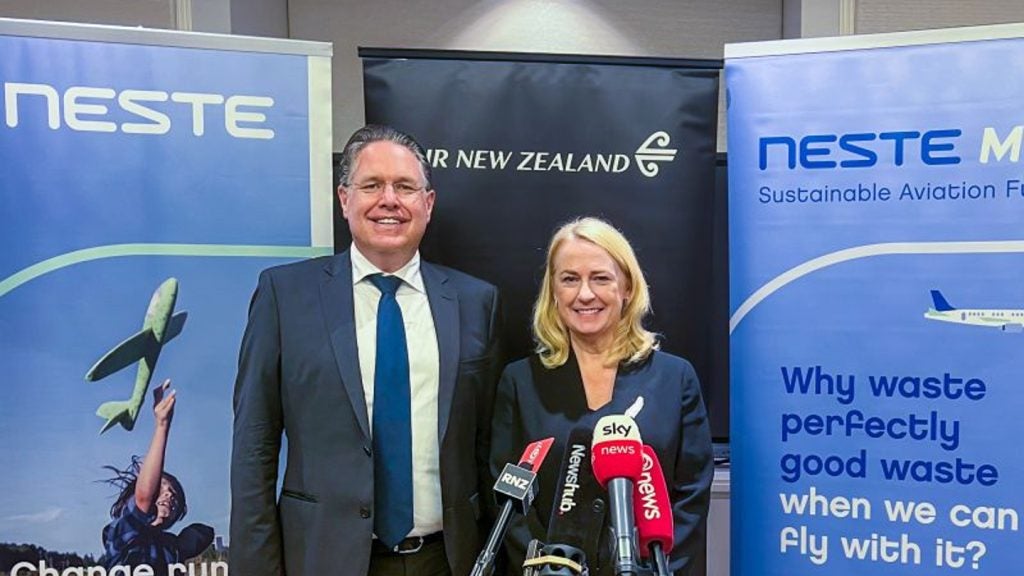
The Covid-19 outbreak has brought global supply chains to their knees, with critical companies forced to shut down their operations.
According to figures released by International Air Transport Association (IATA), demand within the global air freight markets in April suffered a drop of 27.7% compared to the same period in 2019 – the sharpest year-on-year decline on record.
This has been coupled by a significant capacity crunch across the air cargo sector, with capacity down by 42% as a result of many airlines being grounded during the crisis. The result of this perfect storm has been lengthier shipping times and higher costs all round.
In a recent statement, IATA chief executive Alexandre, de Juniac called on governments to do more ensure supply chains “remain open and efficient”. Air cargo has a role to play in the transportation of medical supplies, food and other necessities to the worst-hit regions, he argues. The global economy also needs air freight to continue to supply businesses and factories.
Now is the time to also ensure that the movement of air cargo is more efficient and easier to monitor. Could blockchain technology – already widely deployed in other industries to make supply chains more transparent – spell out the answer to this longstanding issue?
Saviour solution: SITA and ULD Care’s proposed blockchain platform
SITA seems to think so. In March, the aviation technology firm announced it had partnered up with Canadian trade association ULD Care, as part of an effort to explore the use of blockchain to digitally track air cargo containers – or unit load devices (ULDs) – across their entire journey.
How well do you really know your competitors?
Access the most comprehensive Company Profiles on the market, powered by GlobalData. Save hours of research. Gain competitive edge.

Thank you!
Your download email will arrive shortly
Not ready to buy yet? Download a free sample
We are confident about the unique quality of our Company Profiles. However, we want you to make the most beneficial decision for your business, so we offer a free sample that you can download by submitting the below form
By GlobalDataThe two firms are betting big on their proposed platform. Through the elimination of inefficiencies, embedding “always-on” tracking of ULDs, and the scrapping of outmoded paper systems, blockchain could save the industry as much as $400m a year in improved efficiency, while cutting shipping times in half.
The project forms part of SITA’s Global Blockchain Alliance, which is looking at the technology’s potential to change the air transport industry for the better. Having been buffeted by Covid-19, switching to blockchain could help speed up air cargo’s recovery, says SITA vice-president for portfolio management Andrew O’Connor.
“Blockchain will help reduce costs related to tracking these assets and bring greater visibility and collaboration among all stakeholders as to where the assets are – and in whose hands,” he explains. “It will also reduce the time to process the tracking and change of ownership of the assets.”
Trusted and secure: how the system works
SITA and ULD Care started looking at a new blockchain system last spring, says O’Connor. The idea is that it will make use of all data points across an air cargo journey, providing a platform that aggregates and processes ULD data in a “trusted and secure way”.
The proof of concept will upgrade the current ULD interlining to also include non-airline third parties, including ground handlers, via an open application programming interface (API). In the event of loss or freight damage, stakeholders can simply refer to the location of ULDs to accurately pinpoint where it took place – and, crucially, recover costs without litigation.
The platform is also centred around trust, with greater transparency allowing for a reduced risk of cybercrime, tampering, fraud and illegal trade. SITA and ULD Care are currently pushing ahead with developing four POCs for three consortiums.
“For maintenance, repair and overhaul tracking, we delivered the first POC for the tracking and tracing of assets at the start of June,” says O’Connor. “The second POC, for managing the change of ownership of these assets will go live at the end of June. The third POC for shipment tracking is planned to go live in August, with the fourth – for ULD tracking – set for September.”
Wider adoption: AirAsia’s launches its own blockchain-based cargo network
In the past, the logistics sector has been criticised by some for its slowness in embracing blockchain and wider digitalisation. There are signs, however, that this is starting to change within air cargo.
In April, Malaysian airline AirAsia launched its own blockchain-based air cargo network. Known as Freightchain, the budget carrier hopes to use the network to do away with manual processes, making it easier for its clients to book air cargo space on its planes. Such bookings can now be made in real-time, in contrast to the previous system whereby clients needed to make rounds of calls and send emails – sometimes even without any guarantee of reserving an air cargo space.
Freightchain appears to have worked well during its pilot project, successfully helping in the shipping of pharmaceutical products from Bangalore in India, to the Mongolian capital of Ulan Bator.
Back at SITA, the response to the new platform has been positive, says O’Connor, “showing that our customers are eager to adopt [it] as a collaborative platform.” This would indicate that the air cargo industry now views blockchain as a key means of remedying existing pain points brought on by tedious manual processes.
Aside from the welcome time and cost savings blockchain might create, it could bring to bear greater trust and transparency across global supply chains – vital qualities in dark days such as these.





